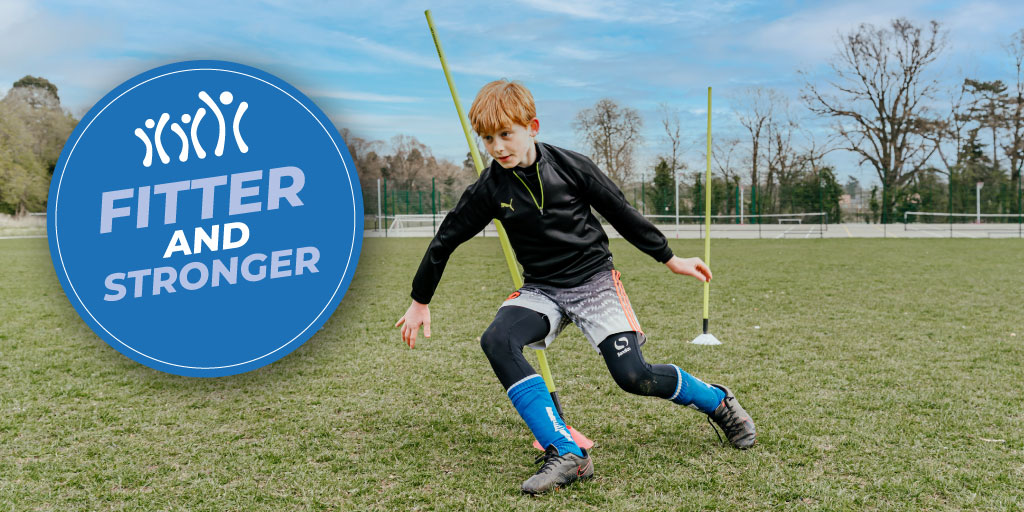Youth Sport Trust worked with a group of 10 schools across the UK to evaluate the impact and emphasis physical activity could have on young learners. The charity sought to provide an in-depth look at how children could be affected by spending more time learning outdoors; having active approaches to teaching subjects outside of PE; and an increased focus on learning about health and lifestyle.
The research was performed on behalf of the Youth Sport Trust by Canterbury Christchurch University, and they examined how 470 children reacted to the new focus on physical activity.
Around three quarters of teachers and children saw positive effects on their learning, with 75% of teachers reporting academic progress and 74% of children saying that being active helped them get the best out of their education.
More than 70% of children increased their activity levels and more than 60% reported an improvement in their resilience. Alison Oliver, CEO of Youth Sport Trust, added that this provided strong evidence for the connection between physical activity and pandemic recovery, she said:
“This research shows the positive impact an Active Curriculum can have in helping young people to recover from the consequences of the pandemic, but in more settled times too. We believe sport, activity and PE should be core to the education and development of all young people, not just in a moment of crisis but for the long-term.”
Youth Sport Trust is looking to the future, as the launch of its landmark report The Class of 2035, which took detailed insights from those in and around the sector, to make predictions as to how PE and school sport could evolve.
If your school is looking to see similar results or looking to find better ways to bring activity to your school curriculum, contact First Step PE to get started planning a physically active future for your pupils.




